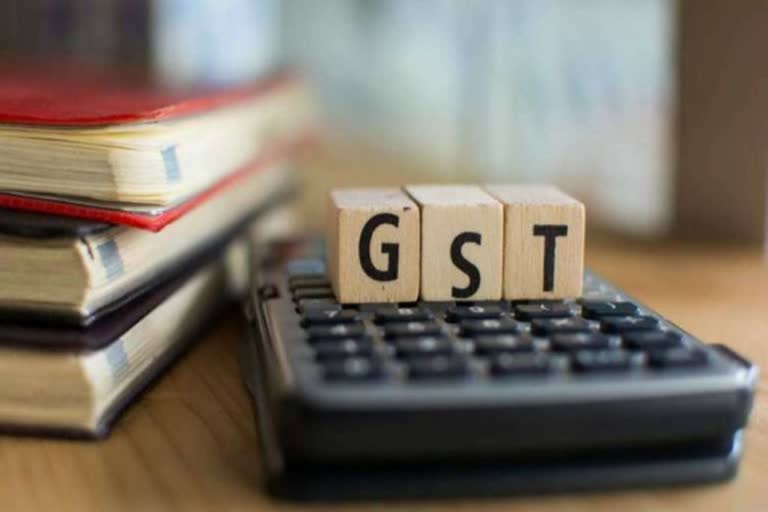New Delhi: Builders will have to refund GST paid by home buyers in case he cancels the flat booked in the last fiscal and will be allowed to avail credit adjustment for such refunds, the tax department has said.
This clarification forms part of the FAQ released by the Central Board of Indirect Taxes and Customs (CBIC) on real estate sector.
The FAQ has been issued to clear the air over the migration provision, which permits the real estate players to shift to 5 per cent GST rate for residential units and 1 per cent for affordable housing without the benefit of input tax credit (ITC) from April 1, 2019.
For the ongoing projects, builders have been given the option to either continue in 12 per cent Goods and Services Tax (GST) slab with ITC (8 per cent for affordable housing), or opt for 5 per cent GST rate (1 per cent for affordable housing) without ITC.
Also read:Fall in ITRs in 2018-19 due to inclusion of previous fiscal years return filings: I-T department
The FAQ said developer will be able to issue a 'Credit Note' to the buyer as per provisions of Section 34 in case of change in price or cancellation of booking.
"Developer shall be able to take adjustment of tax paid in respect of the amount of such Credit Note," the FAQ said.
Giving example, it said that a developer who paid GST of Rs 1.20 lakh at the rate of 12 per cent in respect of a gross amount of booking of Rs 10 lakh before April 1, 2019, shall be entitled to take adjustment of tax of Rs 1.20 lakh upon cancellation of the said booking on or after April 1, 2019, against other liability of GST.
AMRG & Associates Partner Rajat Mohan said "this clarification though seems to have legal over-reach but would definitely help neutralise the tax burden which customers may face in the event of cancellation of old bookings".
The FAQ further said that once a real estate developer opts for the either old GST taxation regime or the new one for ongoing projects manually with the jurisdictional Commissioner, he will not be permitted to modify it.
With regard to purchase of land from owner by the developer commonly termed as Transfer of Development Right (TDR), the FAQ said GST would not apply on agreements entered into on or after April 1, 2019.
However, for TDR agreements entered into prior to April 1, 2019, the developer will not be able to claim credit for the GST already paid. TDRs were taxed at 18 per cent in the GST regime.
"Tieing in the liability to pay tax on TDR's based on agreements entered before April 1, 2019, irrespective of the fact that projects have been initiated under new tax regime without any tax credit, would result in a huge tax cost for already ailing reality sector," Mohan said.
The FAQ further said that all towers registered as different projects under RERA will be treated as distinct projects, for which the builder will have to maintain separate books of accounts.
In case a real estate developer has collected 12 per cent GST from home buyers beginning April 1, 2019, but later opted for 5 per cent rate, the builder will have to refund the extra tax (7 per cent) collected to the buyer.
The FAQ, however, did not clearly spell out whether the 7 per cent tax refunded by the builder will be adjusted against his GST liability.
Real estate firms have time till May 10 to communicate to their respective jurisdictional officers whether they want to continue with the old GST rates with an input tax credit, failing which they will be deemed to have migrated to new tax rates.
PwC India Partner and Leader (Indirect Tax) Pratik Jain said: "developers need to carefully evaluate as to which scheme is more efficient and clearly communicate to the customers accordingly".



